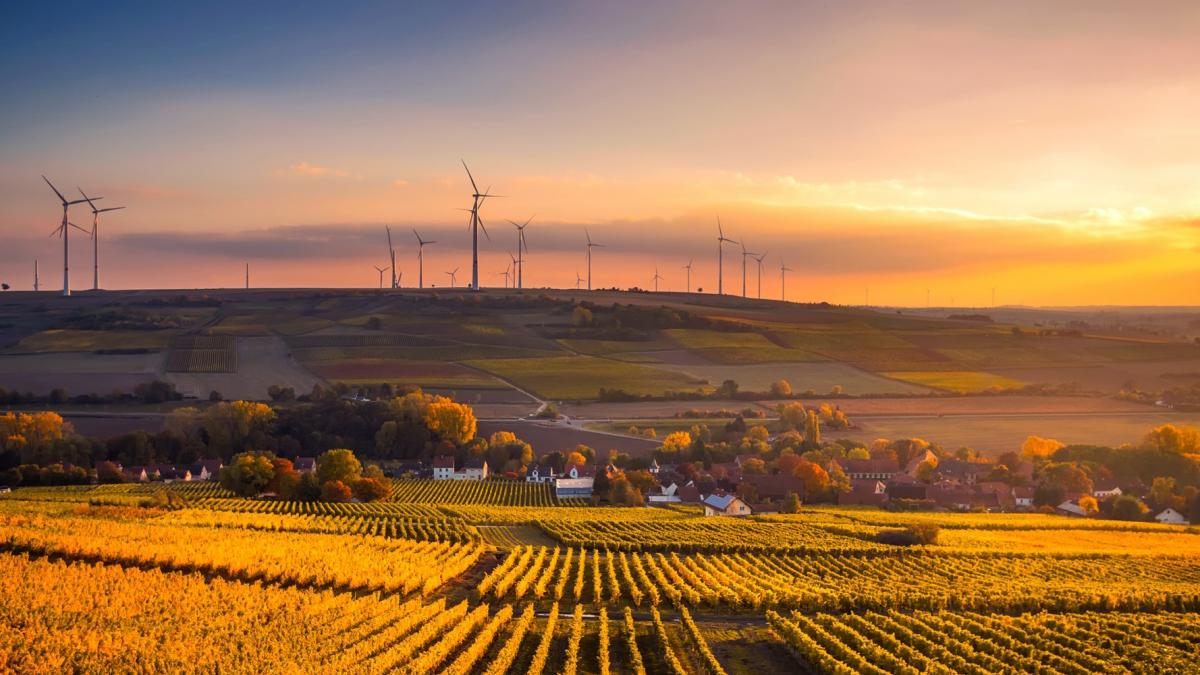 Sheel Shah and Madhuri Kumar discuss redefining goals so that recovery from the pandemic is sustainable, resilient and equitable, and one that doesn’t ignore the planetary boundaries between humanity and the environment.
Sheel Shah and Madhuri Kumar discuss redefining goals so that recovery from the pandemic is sustainable, resilient and equitable, and one that doesn’t ignore the planetary boundaries between humanity and the environment.
The Brundtland Report commissioned by the UN and published in 1987, coined the now widely used definition of sustainable development, i.e. “Development that meets the needs of the present without compromising the ability of future generations to meet their own needs”.
As the focus shifts to rebuilding and recovering from COVID-19, we ask two questions that this definition of sustainable development raises: Firstly, what do we mean by “human needs”? Secondly, how can we meet those needs sustainably?
Our first blog in this series introduces us to the Max-Neef ideology that sets out nine basic human needs that are constant across cultures and time periods. However, what varies is the ways in which these needs can be satisfied (known as “satisfiers”). By being able to separate the satisfiers from the needs, we have a framework in which we can scrutinise our activities, products, and services, and choose those satisfiers that can help meet human needs sustainably.
The Natural Step is a great example of an organisation that considers the Max-Neef ideologies to help businesses integrate sustainability principles in their business models and operational processes. It introduces a concept called the Future-Fit Business Benchmark that changes the way we value businesses and introduces a new definition of business value by identifying how a company can create system value and become future-fit, above and beyond financial return.
Although companies like Nike, Starbucks and IKEA have adopted the Natural Step framework to their businesses, the framework is by no means a silver bullet, but a step in the right direction.
Tim Jackson, in his paper Prosperity Without Growth, advocates that we must question the conventional vision of prosperity that is built on continual growth and embrace an alternative vision in which humans can still flourish, achieve greater social cohesion, and yet reduce their material impact on the environment. To achieve prosperity, individuals and businesses cannot work alone and the role of governments is critical – their choices will shape our societies for decades. We must begin with establishing a vision that acknowledges the finite nature of the planet and its resources, and the pressure that humanity puts on the environment.
We need to employ macroeconomic accounting models that are not solely based on GDP but embeds nature and sustainability. To incorporate nature into GDP, it must first be valued. This is commonly referred to as natural capital, calculated in terms of the tangible ecosystem services that represent nature’s contribution to human well-being.
An international framework for environmental accounting called the UN System of Environmental and Economic Accounting (SEEA) exists, although the extent of implementation differs widely across participating countries. Multiple research bodies have attempted to put a value on the benefits provided by the world’s ecosystems, for example, a 2014 study of the Changes in the global value of ecosystem services. It estimates the value of benefits provided by seventeen ecological systems at US$125 trillion per annum, which was greater than the global GDP of US$85 trillion in 2018.
In April 2020, the Dasgupta Review commissioned by HM Treasury in the UK sets out a framework to help assess the economics of biodiversity. This report adjusts GDP to account for depreciation of natural capital.
It is time for countries to embrace an adjusted GDP metric and ensure widespread implementation. Once a methodology is in place to calculate the benefits of natural capital, GDP can be rebased to adjust for negative impacts of say, environmental damage and climate change. Rebasing GDP to incorporate nature, sustainability and other factors would provide societies with appropriate tools to measure sustainable economic growth. An adjusted metric would better reflect the benefits of stimulus measures that are earmarked to green initiatives and improve our chances of a successful green recovery. This will give policymakers greater confidence to adopt green stimulus measures, as they will be able to reap the benefits.
The recovery from COVID-19 is not a choice between economic recovery versus a green agenda, but an opportunity to achieve one with the other. We need everyone – governments, businesses, and individuals to follow a path to green recovery.
We need to revitalise production and consumption and address structural problems we face for our survival. We need to build the economy of tomorrow as a low carbon, resilient and equitable one, rather than direct the fiscal stimulus by governments to replicate the economy of yesterday.
Unless we build a green stimulus into all our recovery plans, we’ll suffer the long-term consequences. This is not the time to slow the momentum, for example, on carbon pricing, or to ease up on the removal of fossil fuel subsidies. It is the moment to reshape and reset energy demands and ensure the dip in global emissions we experienced during the lockdowns in 2020 are not only a short-term blip, but a long-lasting trend.
According to the Center for the Advancement of the Steady State Economy, an economy more focused on environmental health than GDP growth could measure the resources it is consuming and make sure it doesn’t extract them at a faster rate than they can be regenerated.
In our next blog, we highlight how governments and individuals can be part of the transformation we need to make sustainable recovery our priority and come through this period of disruption by doing right by the environment.
Workstream members: James Fisher, Sheel Shah, Josephine Robertson, Madhuri Kumar (group lead)